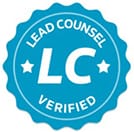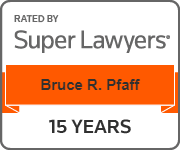Some companies have a difficult time taking responsibility for the role they played in introducing a defective product to the marketplace. They may hesitate in taking action, initially deny any safety issues and attempt to cautiously carry on. They know a recall will put a significant dent in their bottom line, and often are too late in heeding the calls for them to make such a necessary move.
Look at the recent case involving New York-based exercise equipment maker Peloton. For weeks, federal safety regulators encouraged the company to recall its Treat and Treat+ treadmills, which were reportedly tied to the death of an infant and caused some 70 injuries. On May 5, the company agreed to recall the product. But, in doing so, made a questionable announcement geared more toward investors than the public. Peloton noted that the recall would cost the company $165 million in quarterly revenue.
Federal agency advocated for recall
In mid-April, the U.S. Consumer Product Safety Commission released footage of a young child playing on a Peloton treadmill and becoming trapped under it. The safety agency encouraged people to no longer use the device but had no power to enforce a recall. The decision was up to Peloton, which during the COVID-19 pandemic saw sales rise through its inventive marketing campaigns.
After weeks of hesitation, Peloton finally did the right thing in recalling the products. The company’s CEO John Foley apologized for not promptly making the recall, clearly understanding that the company’s reputation had been damaged.
Too often we learn about situations like these when companies introduce a product on the market only to learn that it consistently has failed certain safety standards. The result: People get injured and some even die.
Companies like Peloton have much explaining to do for their negligence in introducing consumer products that, ultimately, do not meet safety guidelines. But, for consumers, it is often too late. Influenced by a company’s marketing campaign, people buy products and trust the products, sometimes, without even knowing how well they work.













